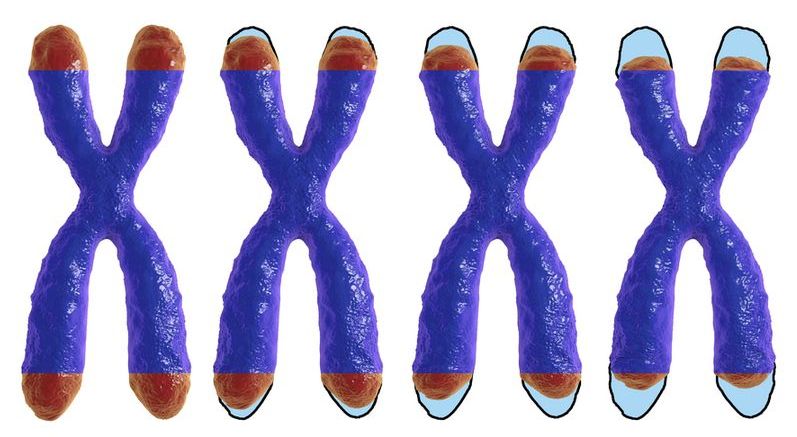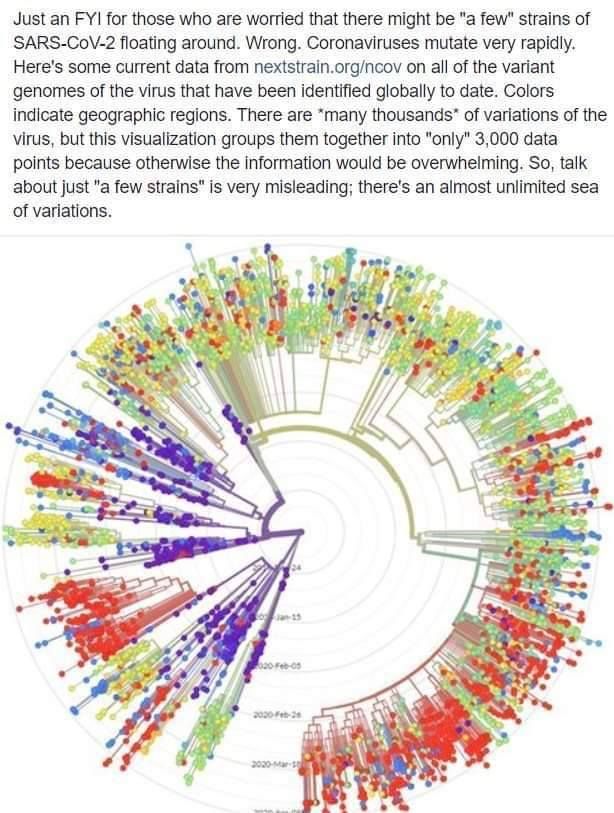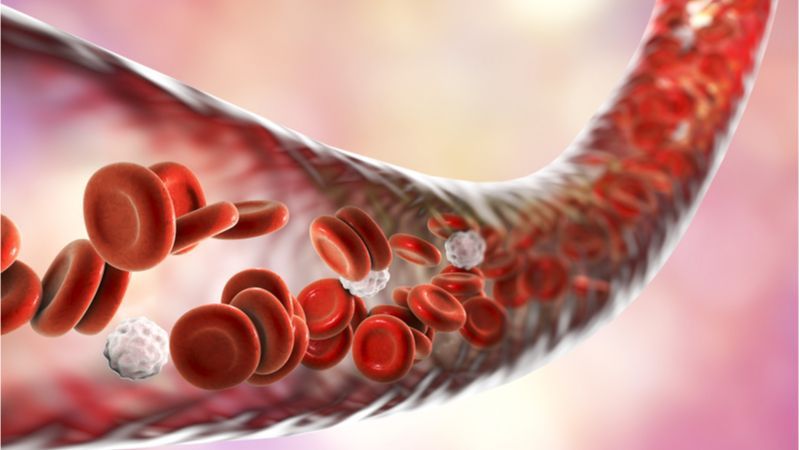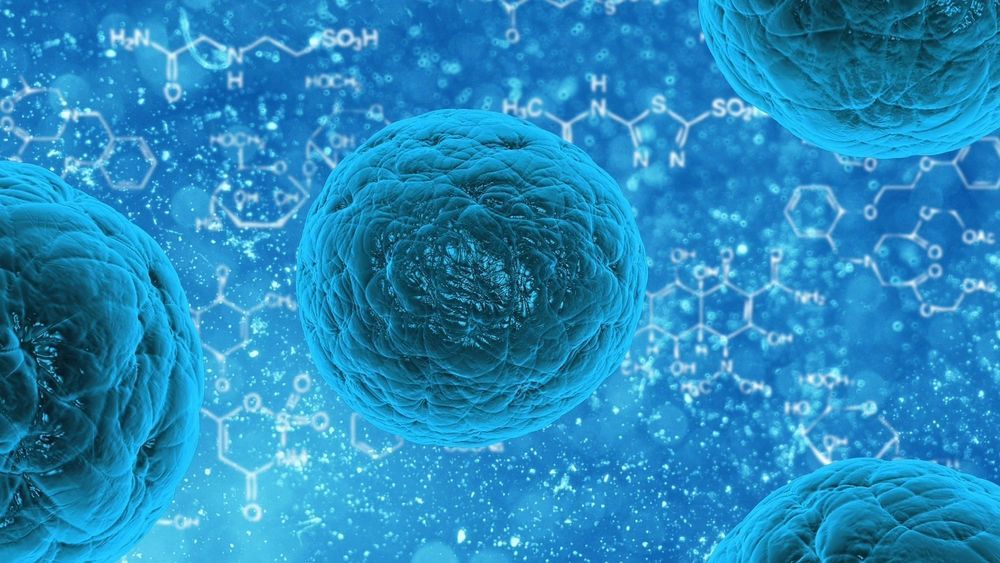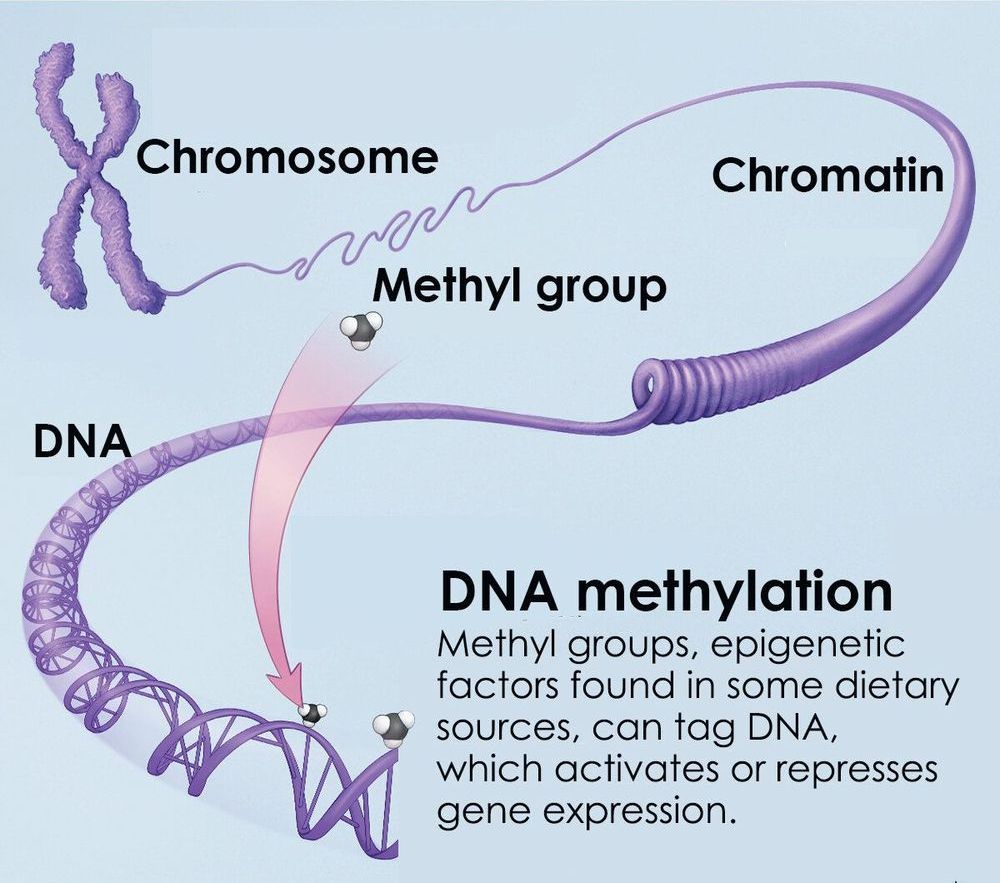Central to a lot of scientific research into aging are tiny caps on the ends of our chromosomes called telomeres. These protective sequences of DNA grow a little shorter each time a cell divides, but by intervening in this process, researchers hope to one day regulate the process of aging and the ill health effects it can bring. A Harvard team is now offering an exciting pathway forward, discovering a set of small molecules capable of restoring telomere length in mice.
Telomeres can be thought of like the plastic tips on the end of our shoelaces, preventing the fraying of the DNA code of the genome and playing an important part in a healthy aging process. But each time a cell divides, they grow a little shorter. This sequence repeats over and over until the cell can no longer divide and dies.
This process is linked to aging and disease, including a rare genetic disease called dyskeratosis congenita (DC). This is caused by the premature aging of cells and is where the team focused its attention, hoping to offer alternatives to the current treatment that involves high-risk bone marrow transplants and which offers limited benefits.

